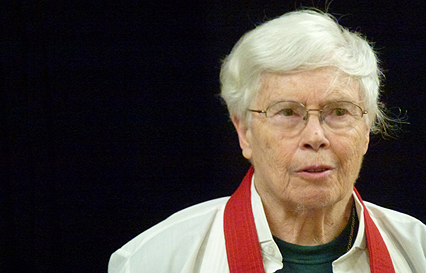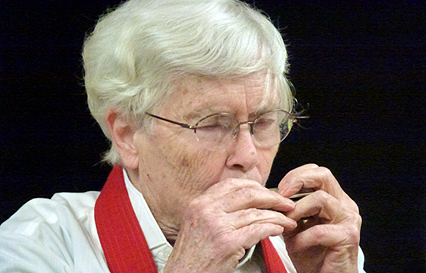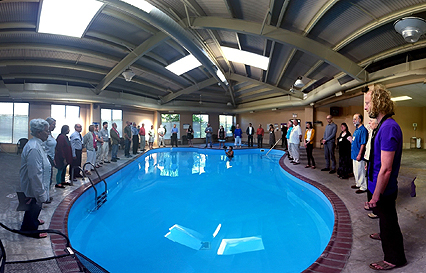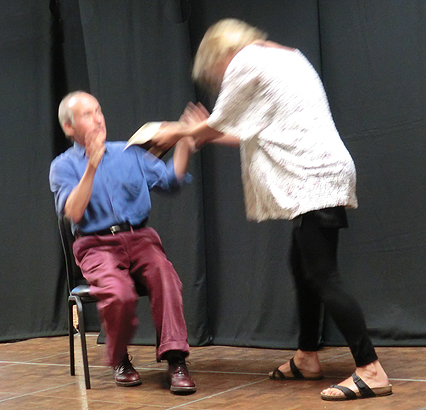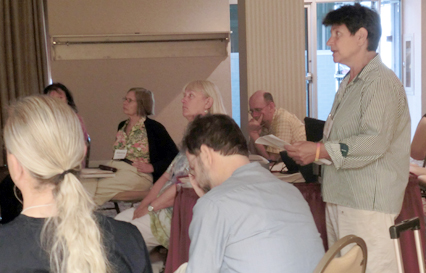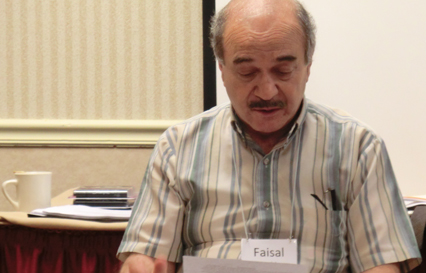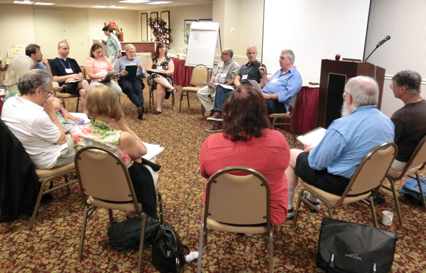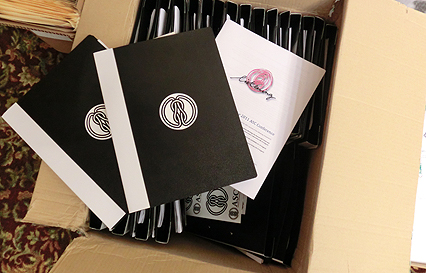To my colleagues at the American Society for Cybernetics.
I write to express my regret at not being present to receive the Norbert Wiener medal with which you are honoring me, to express my gratitude, and to convey briefly what I would be saying if I were present, emphasizing the contribution that I believe the ASC can and should make.
Many of you will have read the essay by my father, Gregory Bateson, called “From Versailles to Cybernetics,”*in which he traces much of the madness of the 20th century, still ongoing, to violations of communication. He ends by declaring that there is “…latent within cybernetics the means of achieving a new and perhaps more human outlook, a means of changing our philosophy of control and a means of seeing our own follies in wider perspective.” This hope rests on the potential offered by cybernetics for thinking in terms of whole systems rather than in terms of separate and competing interests and specializations, a potential that must be explored and expressed.
We are at a time of great danger, when the planetary cycles on which life depends and the long term patterns of climate are being severely disrupted. Meeting this danger and the humanitarian disasters that lie ahead requires a whole new order of cooperation. Yet researchers in the earth systems sciences have limited understanding of social systems, while some politicians deny what is happening, and non-specialists around the world simply do not recognize the larger picture. One day of cool weather leads to comments like, “See, the climate isn’t changing after all.” At the same time, the danger is amplified by an ideology that idealizes competition and accepts deception as a means to winning. Human beings do not always behave well when they believe that their “share of the pie” may be reduced, and modern weapons can turn the habit of zero-sum thinking into a lose-lose outcome for the entire planet.
Most of us understand this, but we need to remember how rare it is to participate in an intellectual community like this one, in which, for example, the acidity of the oceans, the instability of financial institutions, the rise of fundamentalism, and the increase in diabetes can be seen as examples of similar processes — and as possibly coupled. Most of us work within the framework of academic conventions that constrain scientists and scholars to keep such questions separate. Do we understand that in achieving new kinds of control we must bring all of our knowledge about communication and decision making to bear? Who else is going to do it?
I applaud your experiments with new formats for integrative discussion at this conference. It may be that the intellectual structure of cybernetics requires a new kind of communication that will make a new kind of listening possible, listening that carries the awareness of being part of a larger whole. If so, it must go beyond this small community. My hope is that all of us will resolve to carry our study of systems and cybernetics into our engagement with society, speaking out and strengthening exchanges with other fields and with the public, learning to think and then act to achieve the shared understanding and shared willingness to change so urgently needed. We need to be vocal and political. Somehow we must transform our shared understandings into a new kind of common sense.
Mary Catherine Bateson
*written in 1966 and published in Steps to an Ecology of Mind.

